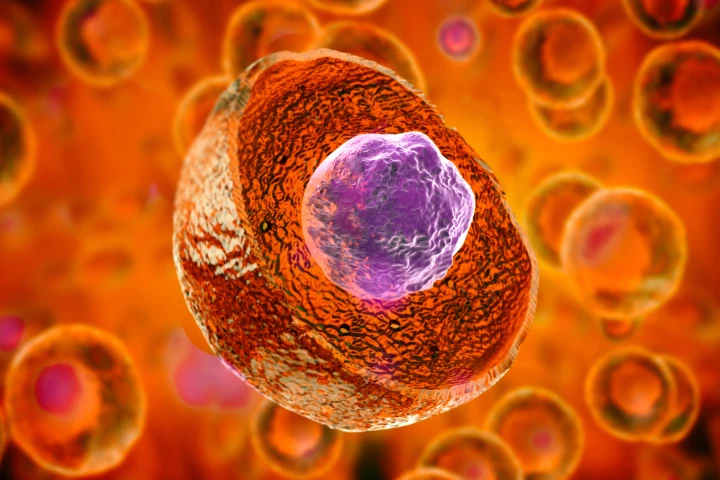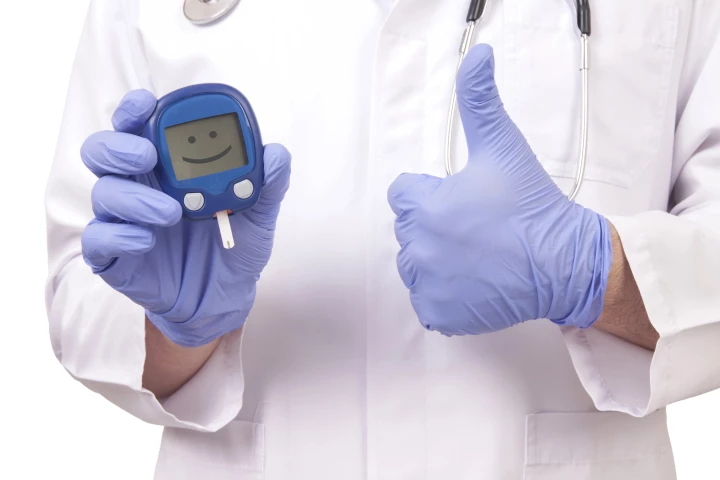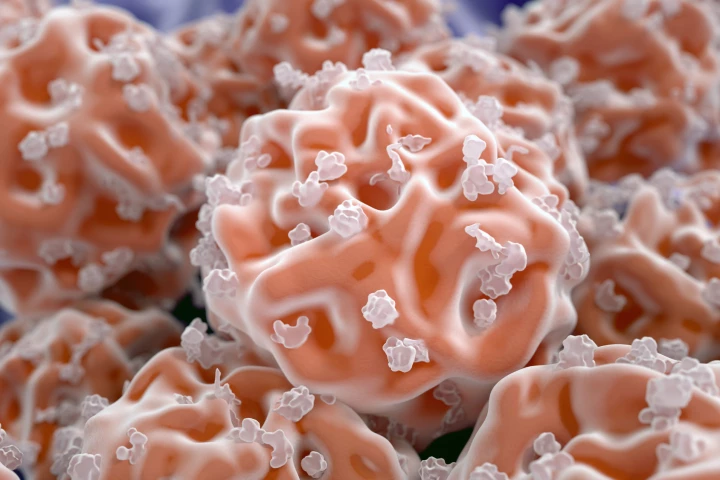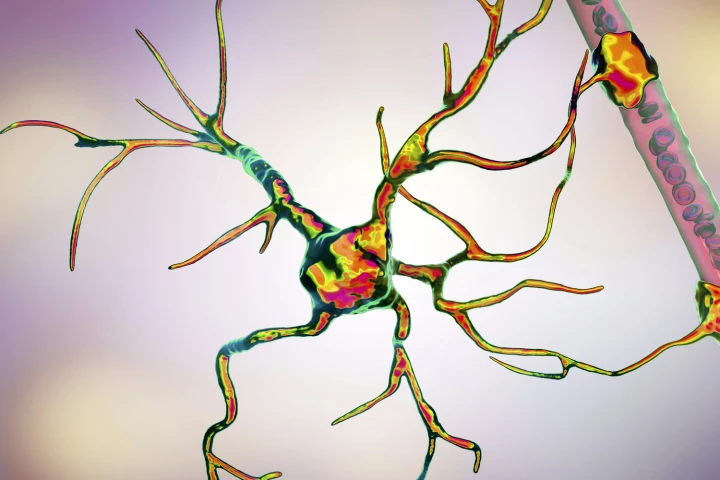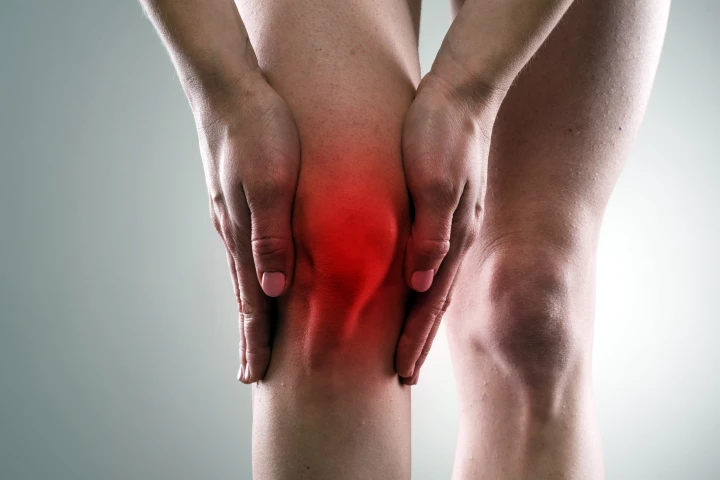Stem Cells
-
Researchers have created a way to guide and control the development of stem cells into specific tissues and organs, opening the door to developing a means of one day tackling complex diseases like diabetes and Parkinson’s disease.
-
An innovative fertility technology using stem cells to help an embryo mature outside the body has resulted in the world’s first live human birth. The company responsible for the tech says it’s faster, safer and more accessible than conventional IVF.
-
Scientists have engineered a hybrid mouse with a gene that predates all animal life. The team replaced a single gene in the mouse stem cells with a version from an ancient, single-celled ancestor, and successfully grew healthy live mice from it.
-
A patient with type 1 diabetes has been functionally cured of the disease, requiring no insulin doses for over a year. The treatment involves growing and transplanting new insulin-producing cells from the patient’s own stem cells.
-
A newly discovered cell that matures into two specialist cell types significantly boosts wound healing, according to new research. It could be a game-changer for people suffering from chronic, hard-to-heal wounds.
-
Implanting a pouch of pancreas cells under the skin of type 1 diabetics has enabled them to live without insulin injections for years according to the results of a clinical trial. It’s a big step towards a functional cure for the disease.
-
A new study from MIT has revealed the exact mechanism by which fasting causes intestinal stem cells to regenerate, which is one of the practice's benefits. However, the study also showed a downside that needs to be considered when breaking a fast.
-
Researchers have figured out how to wake up dormant stem cells in the brain that have the ability to grow into new cells. It opens the door to developing new therapies for neurodevelopmental disorders like autism, learning disabilities, and cerebral palsy.
-
A single injection of a new, off-the-shelf stem cell therapy for knee osteoarthritis significantly improved pain and function for up to 12 months in 75% of participants in a clinical trial. The treatment has the potential to prevent the disease's progression.
-
Current AI training methods burn colossal amounts of energy to learn, but the human brain sips just 20 W. Swiss startup FinalSpark is now selling access to cyborg biocomputers, running up to four living human brain organoids wired into silicon chips.
-
We’re edging closer to seeing a live mammoth for the first time. Colossal Biosciences, a company dedicated to the controversial-but-unquestionably-cool goal of resurrecting extinct species, has made a breakthrough in creating elephant stem cells.
-
Korean scientists have taken muscle and fat stem cells from cows and transplanted them into grains of rice. The end result is a new, high-protein food that should be cheap, environmentally friendly, and useful for famines, military or space travel.
Load More
